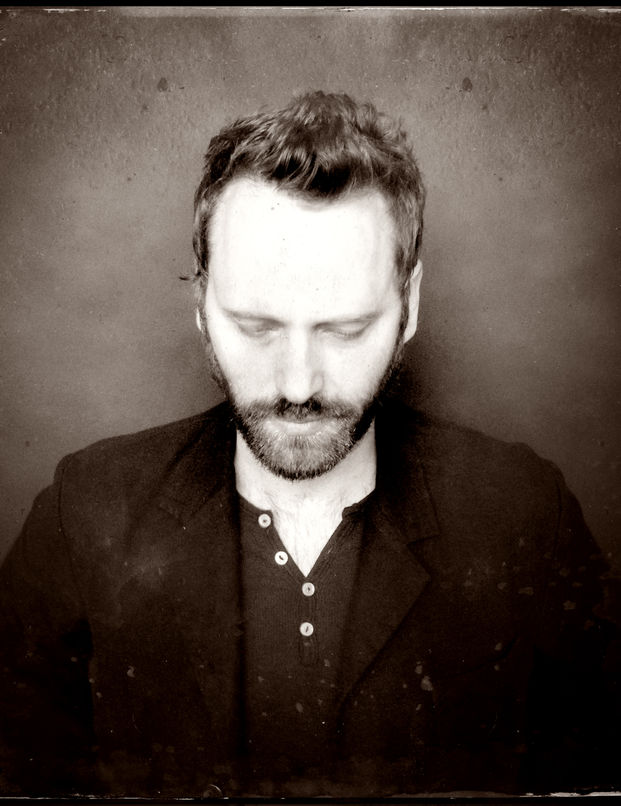This interview is the final part of Headliner’s Berlin series, in which we visited the city to find out why Neo-Classical music has become so firmly based in Berlin; and in general, why artists and musicians are flocking to the German capital right now.
I find myself back in Kreuzberg, Berlin’s hippest locality. Like Shoreditch in London, Kreuzberg was the first part of the city to be touched by gentrification, with vintage clothing stores and artisan coffee shops popping up all over the place. I meet Dustin O’Halloran in an amalgamation of the two – Companion Coffee, located inside a clothing shop called the Voo Store, where I learn that if I order a green tea, I’ll receive two different infusions. You’d be mad to turn that down, quite frankly.
Unlike my previous two interviewees (Lambert and Ben Lukas Boysen), O’Halloran is an international settler in the city. He was born in Los Angeles (a city that’s about as different from Berlin as it can physically be), lived in Italy for a few years, but is now very much based in the German capital, with his studio only a few minutes walk from this uber-trendy shop.
O'Halloran is a film composer, and also releases albums under his own name, and also notably as A Winged Victory For the Sullen - a side project with friend and guitarist-composer, Adam Wiltzie.
As the artist arrives, sporting an immaculate beard and denim shirt, he fits right in. The barista asks if he’ll be having his usual, to which he replies “no, I think I’ll go black today”, with a smile. I’m keen to ask how he’s been dividing up his time.
“I’ve been working on a film called Iris with Adam from our project, A Winged Victory For the Sullen," O'Halloran reveals. The two last worked together on the music for a ballet called Atomos by acclaimed choreographer, Wayne McGregor. Was working on a film with A Winged Victory inevitable? “Yeah, it probably was! I think we could definitely do another one, but we’re just trying to work on our own music at the moment.”
Which leads me nicely on to my next question, as O'Halloran hasn’t released a solo album since 2011: his ambient piano album, Lumiere.
“Yeah, I got really busy with A Winged Victory,” he says. “When I started that project with Adam, I didn’t realise it was going to take off the way it did. We did a lot of touring, quite a lot more than I thought we would. I really enjoyed playing more in a group situation rather than just being a solo artist. When you tour in a group, the focus is much more on the music; when you tour solo, there’s also focus on the artist’s personality, and I’m much less interested in that.”
So how does O'Halloran juggle these three musical dynamics?
“I sort of just follow where the energy is,” he admits, with a smile, “and recently, it just felt like Winged Victory had the strongest energy, and I kept being pulled into lots of film work, also. But I’m definitely feeling like it’s time to come back to my own work. As long as I’m feeling compelled, creative and inspired, it doesn’t matter if it’s my solo work or a collaboration. I just follow a muse, whatever that might be. I like moving around to be honest, and I feel like all my different projects inspire each other.”
